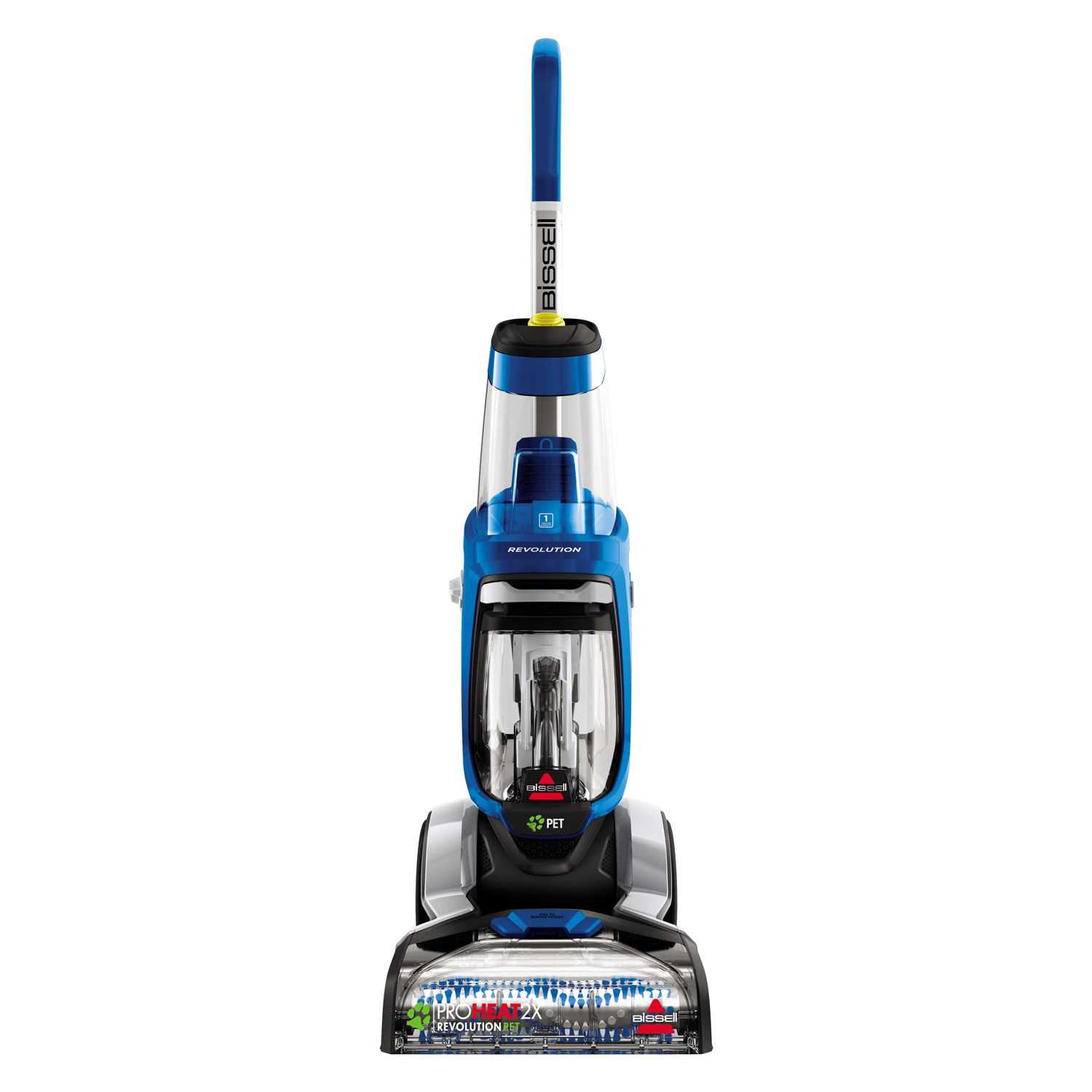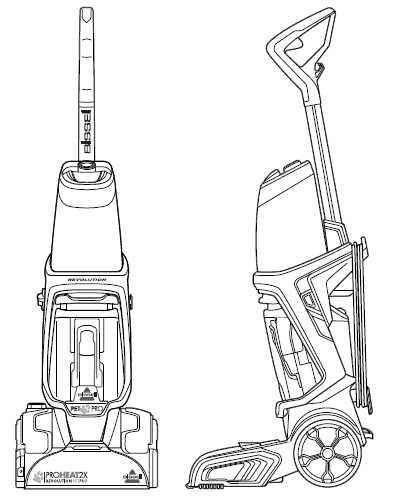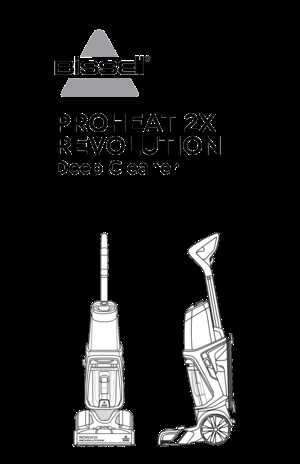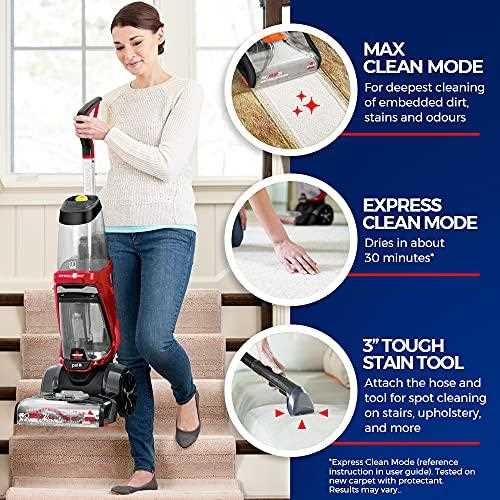
Achieving a fresh and inviting living space requires the right tools and techniques. Proper upkeep of household textiles can transform the atmosphere of any room, leaving it looking and feeling revitalized. To get the best results, understanding the process and utilizing effective methods is essential.
Whether you’re dealing with stubborn spots or simply refreshing the look of your floors, mastering the correct techniques can make a significant difference. Equipped with the right approach, maintaining a pristine environment becomes straightforward and rewarding.
In the following guide, you’ll discover practical tips and step-by-step advice designed to enhance the appearance and longevity of your home’s textiles. Embrace these strategies to keep your living spaces fresh and welcoming.
Getting Started with Your Carpet Cleaner
Before diving into the cleaning process, it’s important to prepare your device properly. This ensures that you achieve the best possible results from your machine and maintain its efficiency over time. Familiarize yourself with the key components and setup steps to make your experience smooth and trouble-free.
Setting Up the Machine
Begin by assembling the necessary parts, making sure everything is securely connected. Check that all components are in place and ready to function. Once assembled, fill the water tank with the appropriate amount of water and any cleaning solution you plan to use. Ensure the tank is firmly attached to avoid leaks during use.
Initial Test Run
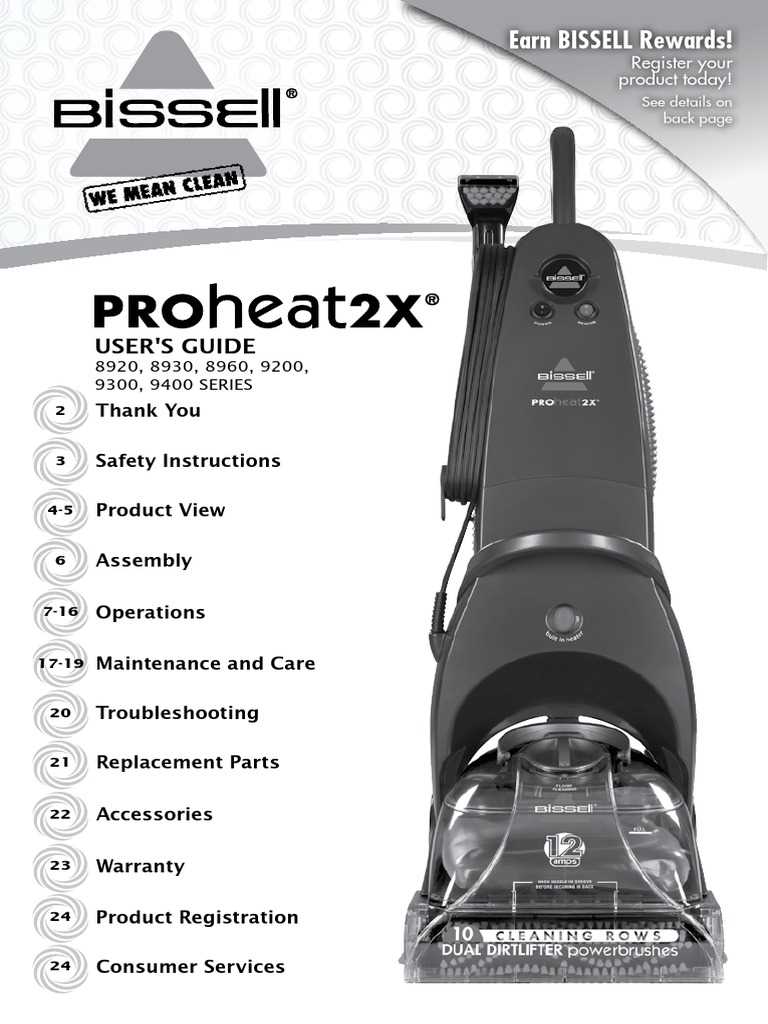
Before starting a full cleaning session, it’s recommended to perform a brief test on a small, inconspicuous area. This will help you verify that the settings and solution are suitable for your needs. Adjust as necessary, and once you’re confident everything is in order, you can proceed to clean the entire surface.
Setting Up and Assembling the Device
Preparing and putting together the equipment involves a few straightforward steps. This section will guide you through the essential tasks needed to get everything ready to use. Attention to detail during this process ensures that the equipment operates efficiently and delivers optimal performance.
First, unpack all the components from the packaging and ensure that all parts are present. Lay them out in an organized manner to make the assembly process smoother.
Next, begin by attaching the necessary parts together as outlined in the following steps. Start with the main unit and work your way through connecting each part securely.
Afterwards, proceed to attach the handle by aligning it with the designated slots on the main unit. Make sure the handle clicks into place firmly to avoid any loose connections.
Finally, double-check all attachments and connections. Ensure that everything is tightly secured and there are no loose parts. Once everything is assembled correctly, the equipment will be ready for use.
Choosing the Right Cleaning Mode
Selecting the appropriate setting is key to ensuring that your cleaning device works effectively on various surfaces. Different environments and levels of dirt may require adjustments to optimize the results. Understanding when to switch between modes will help you maintain the cleanliness of your space with minimal effort.
Light Cleaning
This mode is ideal for routine maintenance or when dealing with fresh spills. It uses a gentler approach, ensuring that your surfaces are treated delicately while still removing dirt and grime.
Deep Cleaning
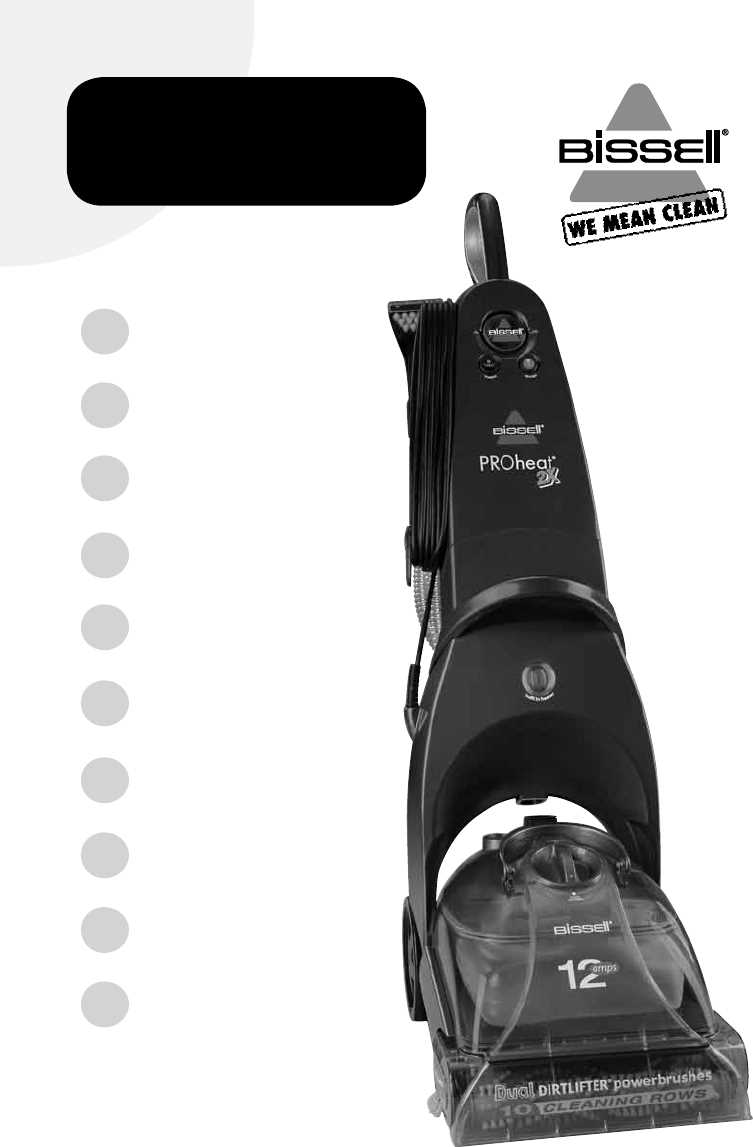
When you encounter stubborn stains or heavily soiled areas, a more intensive setting is recommended. This option penetrates deeper into the surface, loosening and extracting embedded dirt for a thorough clean.
Effective Techniques for Deep Cleaning

Achieving a truly thorough cleansing of your surfaces requires a strategic approach that targets the deep layers of fabric and fibers. By focusing on these underlying areas, you can effectively eliminate embedded dirt and grime, resulting in a more refreshed and revitalized appearance.
Preparation and Setup
Before beginning the process, it’s crucial to ensure that the area is properly prepared. This involves removing loose debris and setting up your tools to maximize efficiency. Properly setting up the environment is a key factor in achieving optimal results.
Targeting High-Traffic Areas
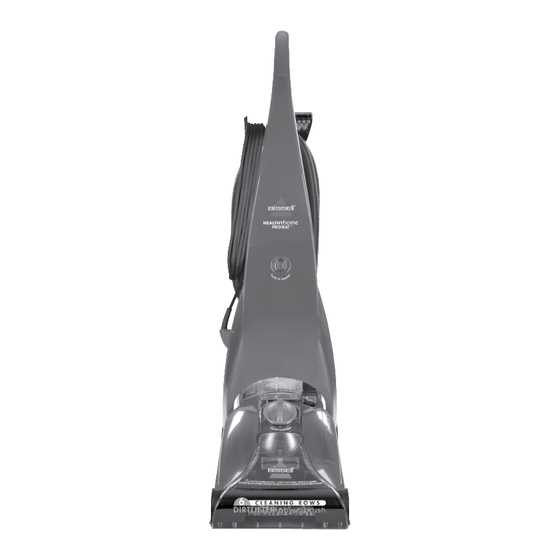
High-traffic zones often accumulate the most dirt and stains. Concentrating on these spots with a more intensive technique will help in breaking down stubborn residues. By using slower, more deliberate strokes, you can ensure that the cleaning solution penetrates deep into the fibers.
| Technique | Description |
|---|---|
| Spot Treatment | Focus on small, stubborn stains using concentrated cleaning methods. |
| Slow Passes | Move slowly across the surface to allow deeper penetration of the cleaning solution. |
| Multiple Passes | Repeat the process over particula
Maintaining and Storing the Equipment
Proper care and storage of your cleaning device are essential for its longevity and optimal performance. Regular maintenance helps ensure that the equipment remains in good working condition and avoids potential issues that could arise from neglect. Effective storage also prevents damage and extends the life of your appliance. Routine Maintenance
To keep your device functioning properly, follow these maintenance tips:
Proper Storage
Storing your equipment correctly can prevent damage and maintain its functionality:
Troubleshooting Common Performance IssuesWhen dealing with a cleaning device, you might encounter various performance problems that can affect its efficiency. Identifying and addressing these issues promptly can help restore optimal functionality and ensure effective cleaning. Common issues often stem from simple factors such as blockages, improper setup, or maintenance needs. One frequent problem is reduced suction power. This can be caused by clogs in the hose or filters, or by a full dustbin. Checking and clearing any obstructions, as well as emptying the dustbin, can often resolve this issue. Additionally, ensure that the filters are clean and properly positioned. Another issue might be insufficient cleaning results. This could be due to an incorrect cleaning solution mixture or an issue with the brush roll. Verify that the cleaning solution is mixed according to the recommended proportions and that the brush roll is free of debris and functioning correctly. Finally, if the device is making unusual noises, it could indicate a problem with the motor or belts. Inspect the device for any loose or damaged parts and consult the troubleshooting guide for specific steps to address these concerns. |
